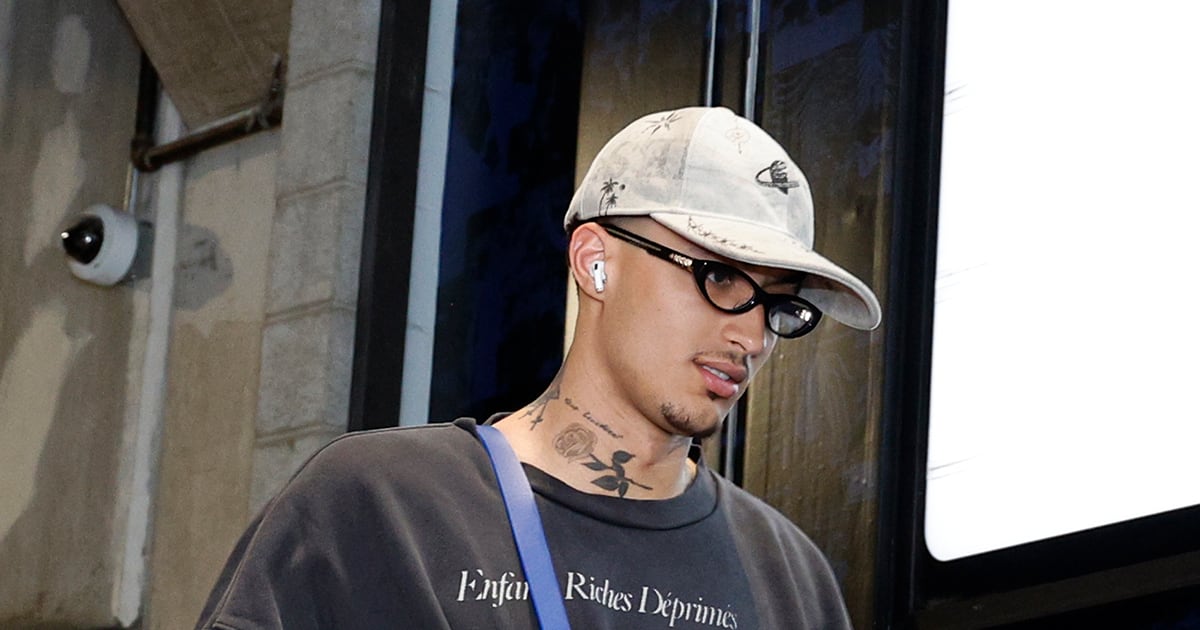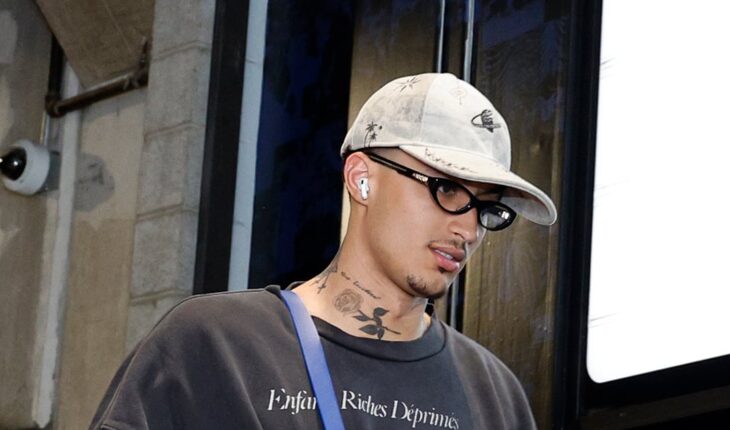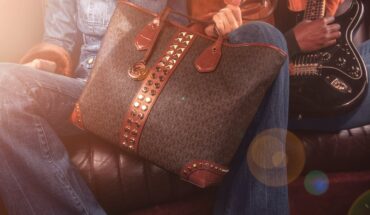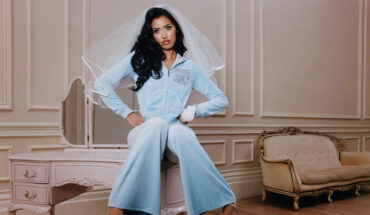
In just the past few days, Jerry Lorenzo’s Fear of God Essentials label announced a partnership with the NBA and the WNBA; F1 driver Lewis Hamilton and rapper Tyler, The Creator released a collaboration between their respective fashion lines; and Lanvin kicked off a deal as the new off-court fashion partner of French basketball team AS Monaco.
Not long ago, any of these tie-ups might have been surprising. Today, they barely made a splash amid the deluge of sports-fashion crossovers inundating consumers.
The past 18 months have seen an unprecedented convergence of the sports and fashion industries. LVMH is now a premium partner of the Olympic Games and Formula 1, Chanel is the title sponsor of the Oxford-Cambridge boat race, and Premier League football teams have creative directors. Athletes are must-have guests in the front row of fashion shows, and even more conservative sports like baseball have begun leaning into brand collaborations to help boost their cultural appeal.
Many of these developments have been to the delight of those in the tight-knit community of creatives and athletes who have worked at the intersection of these worlds for years and long called for closer ties between the two. But the novelty has worn off amid a never-ending stream of partnerships between fashion and beauty brands and athletes or sports organisations.
It’s beginning to lead consumers to question the authenticity of these tie-ups, and even some of the movement’s early protagonists are lamenting the situation.
Ahead of the NBA season tip-off a few weeks ago, Kyle Kuzma told Vogue he was “retiring” from wearing his outlandish outfits in the pre-game tunnel walk, echoing many people’s views that what was once a space for players to organically express their creativity and fashion sense has become yet another commercialised aspect of sports content. In September, A$AP Rocky bemoaned the swathe of “unnecessary, redundant collaborations” between streetwear, sports and fashion players in recent times in an interview with Highsnobiety about a new collaboration of his own with Puma.
“I think it’s really hard these days to find projects at the intersection of football and fashion that aren’t a gimmick or money grab,” said Naomi Accardi, an Italian writer, brand consultant and founder of Systemarosa, a platform designed to bridge the gap between the two industries.
It’s still possible to create valuable crossover partnerships between fashion and sport. Sport’s giant audiences and highly marketable athletes provide an infinite number of opportunities for brands to build campaigns and engage consumers.
But these days brands and sports organisations need to work harder to create an impact — whether that’s through better, more-considered storytelling or taking time to understand if a sport or athlete in question is a good fit for the brand and its aesthetic, core product and target consumer. In the worst cases, if a partnership comes off as a cash grab to fans, it can spark a backlash.
When Partnerships Go Wrong
Sport has always been an arena where the slightest changes to tradition can stir unrest among fans. Followers of Italian football club Venezia FC, for example, were aghast when the team released the new kits ahead of the 2024-25 season, the first under a new kit deal with Nike’s Nocta sub-label. The club has long been known as one of the forward-thinking organisations when it comes to blending sports and fashion. For years its celebrated playing and training kits were produced by Italian heritage sportswear label Kappa, known for its retro designs.
But the team’s fans felt it had shunned its long-time Italian brand partner to chase clout in the fashion world in a deal that made the kits more expensive and resulted in designs which didn’t reflect the team’s traditional design codes.
“The sponsor completely ruins the kit,” wrote one fan on Instagram under a post where the team revealed the new jerseys for the season. “That brand is a major downgrade from their previous kits,” commented another.
For Accardi, these collaborations can be off-putting to consumers who feel there are purely commercial incentives at play, or where the brand hasn’t done enough work to understand how its designs reflect the values or identity of the team. She cited other crossovers, like Off-White’s long-running partnership with Italian football giant AC Milan, or Puma’s decision to use Rihanna’s Fenty label to relaunch its Avanti sneaker, a retro football silhouette, that conveyed a lack of understanding of sporting heritage on the part of the brands.
These sorts of misfires can negate all the time and effort both organisations spent on the collaboration in the first place.
Good Sports-Fashion Crossovers Still Exist
The proliferation of partnerships and collaborations also means that it’s become harder for brands to stand out. After Lanvin announced its deal with AS Monaco, magazine publisher and consultant Caroline Issa commented on Threads, “can someone tell me how this looks any different to what Armani, Paul Smith, and countless other brands already do in this arena?”
As a result, the returns on these deals may be diminishing, creating less incentive for companies just looking for a quick boost to engage. But that’s not to say the opportunities are going away.
“This space is still growing in a beautiful way,” said Kenny Annan-Jonathan, who last year was appointed creative director of Crystal Palace FC, the first role of its kind in the Premier League. “I think we will see some larger players who purely see this as a chance to get commercial value naturally move away from this space as the hype dies down, but at a grassroots level there is such a fascinating ecosystem between fashion and sport.”
Fashion partnerships provide a channel for sports organisations to speak to consumers in ways they’ve never been able to before, and vice versa. Finding value is about far more than just a simple product collaboration or logo swap.
Accardi identified Arsenal FC’s recent tie-up with menswear label Labrum London and the newly announced deal between Manchester City and C.P. Company as examples of brands getting it right. For the former, the products released and the surrounding campaign focused on the team’s relationship with players of African descent over the years, which tied in with Labrum founder Foday Dumbuya’s wider celebration of Pan-Africanism through his clothing. Meanwhile, C.P. Company designed a campaign which highlighted the brand’s links to football fans in 1980s Manchester and how it had become the adopted brand of fans on the terraces, clearly outlining the cultural fit of the partnership.
For Annan-Jonathan, hiring creative directors or chief brand officers from the world of fashion is also a way sports organisations can go about appealing to new audiences and broadening their impact beyond one-off deals.
In October, for example, Italian team Como 1907 announced it had brought on designer Rhuigi Villaseñor, founder of streetwear label Rhude, as its first chief brand officer. It’s an unusual hire for a little-known team currently sitting in 15th place in Italy’s top men’s division, with a scope it’s fair to call ambitious, to say the least.
“The vision is to create a global powerhouse that transcends sports, shaping trends in fashion, hospitality, and consumer goods, and redefining how a brand rooted in a unique location like Lake Como can influence multiple industries,” the team said in its announcement.
It’s a big aspiration, and whether or not it will play out as hoped remains to be seen. But Annan-Jonathan said sports teams that want to authentically attract fashion or streetwear consumers need to tap into “people from the industry who understand how they think.”
To reach sports-loving consumers, fashion brands will similarly need to link up with the athletes and sports teams that command their attention.
For these reasons, we may only be at the beginning of fashion and sports crossovers. But just signing a deal won’t be enough to win.





